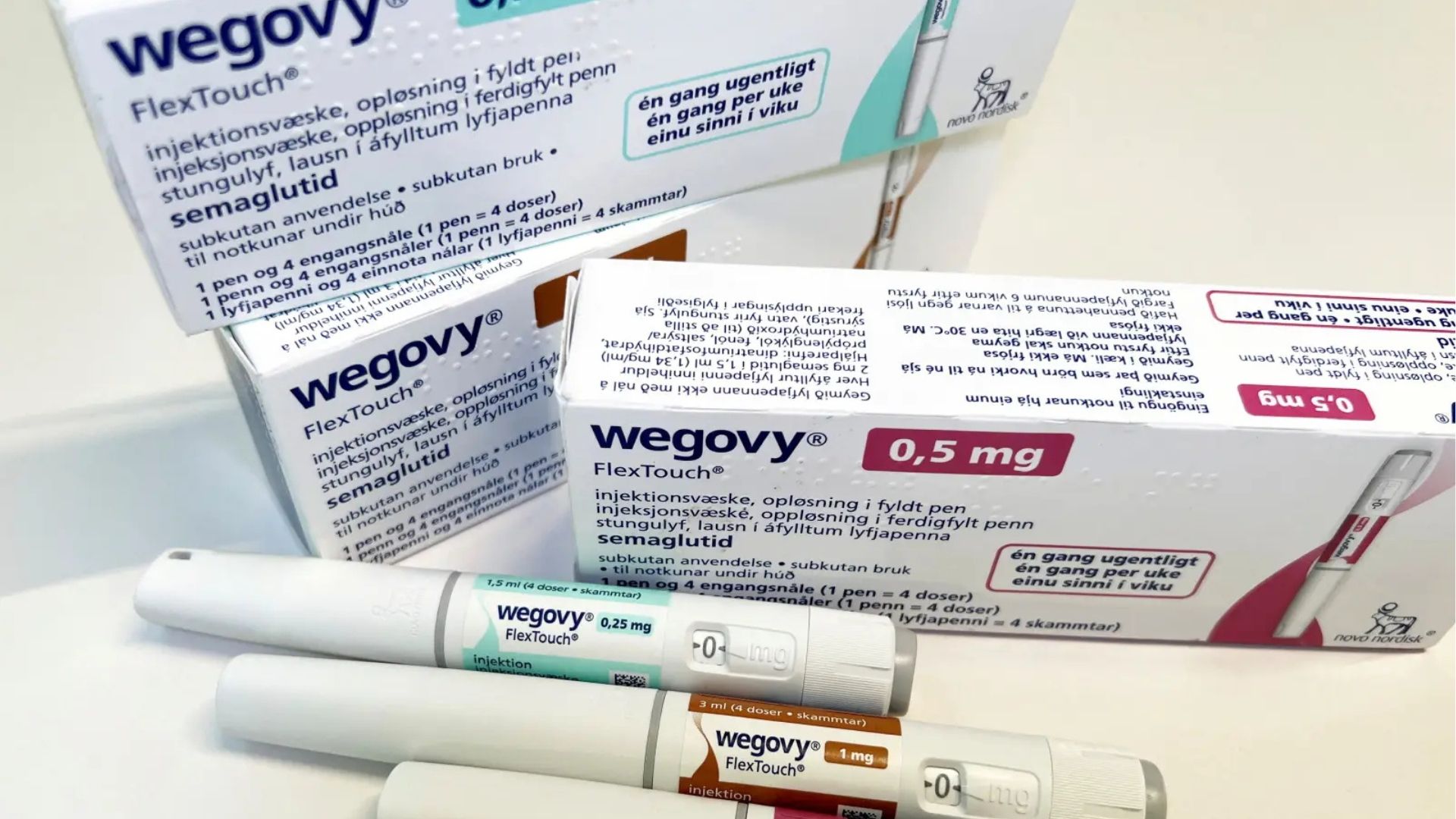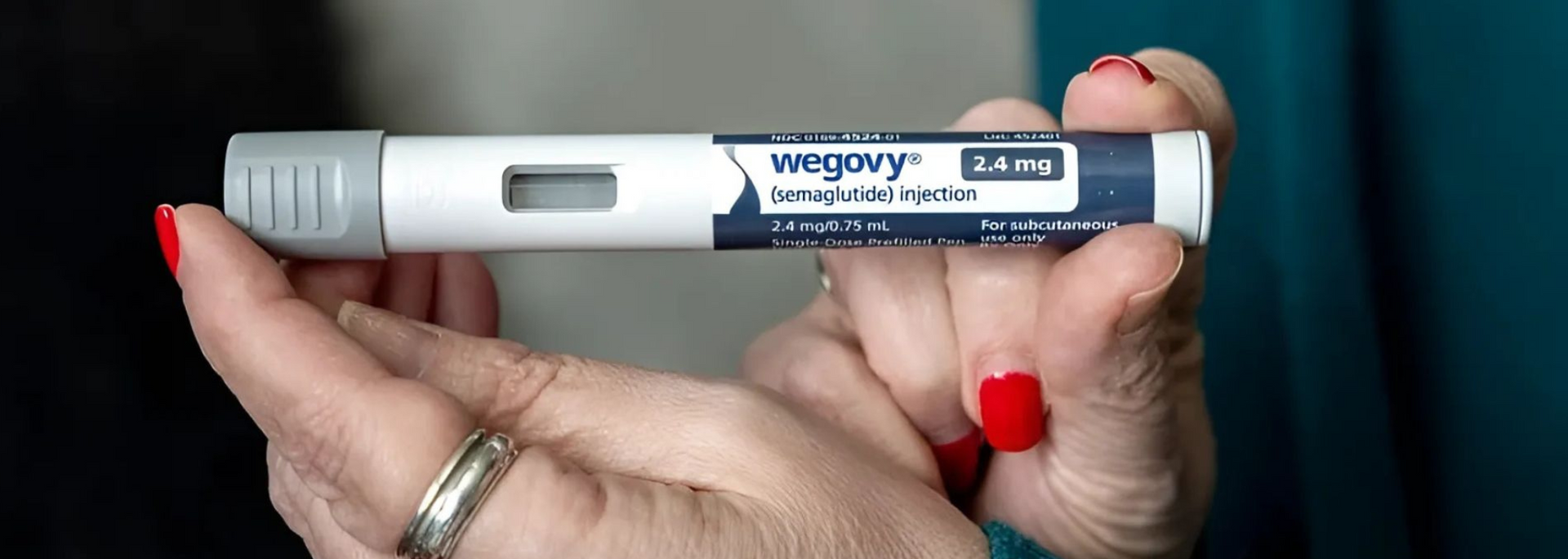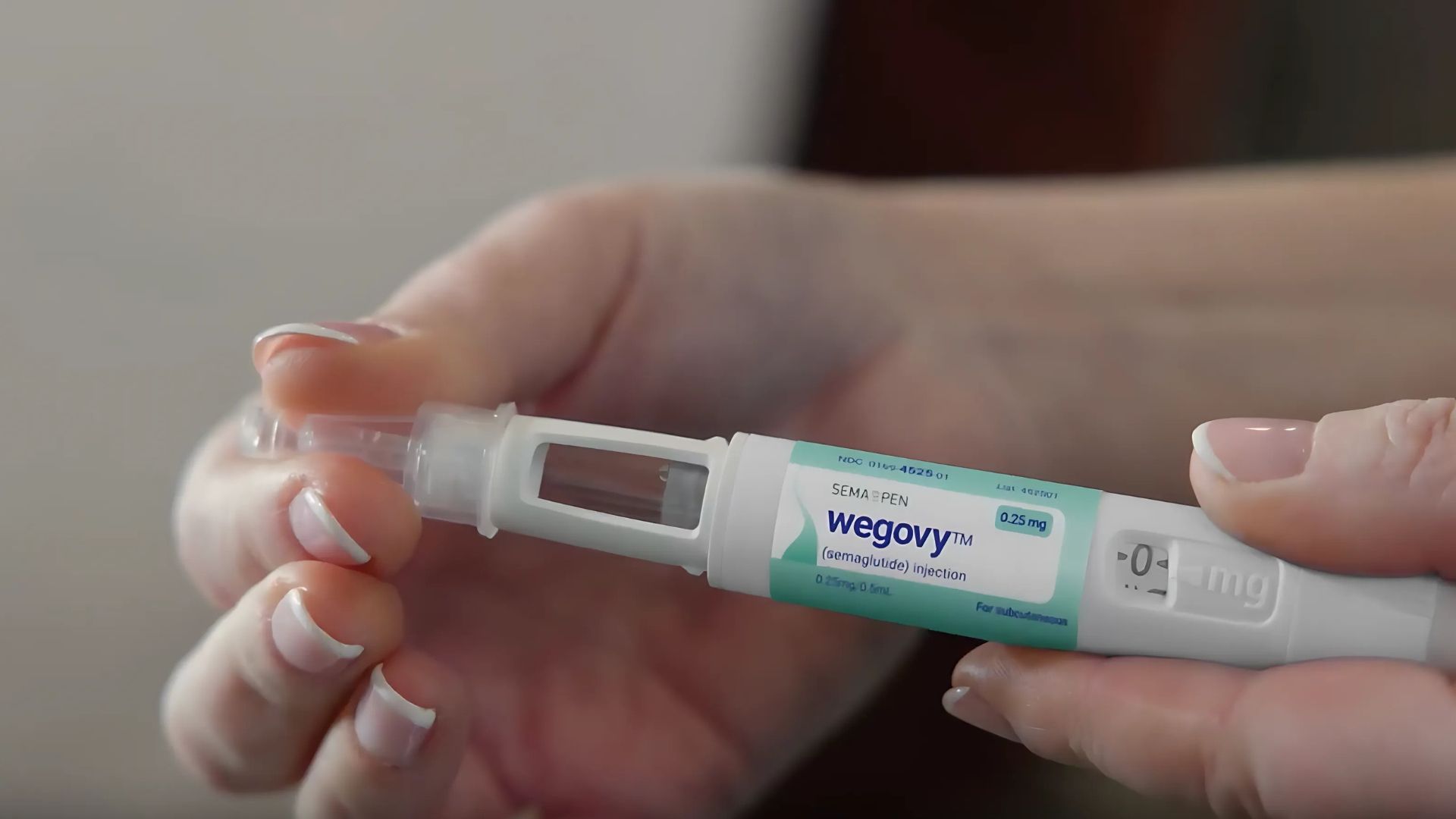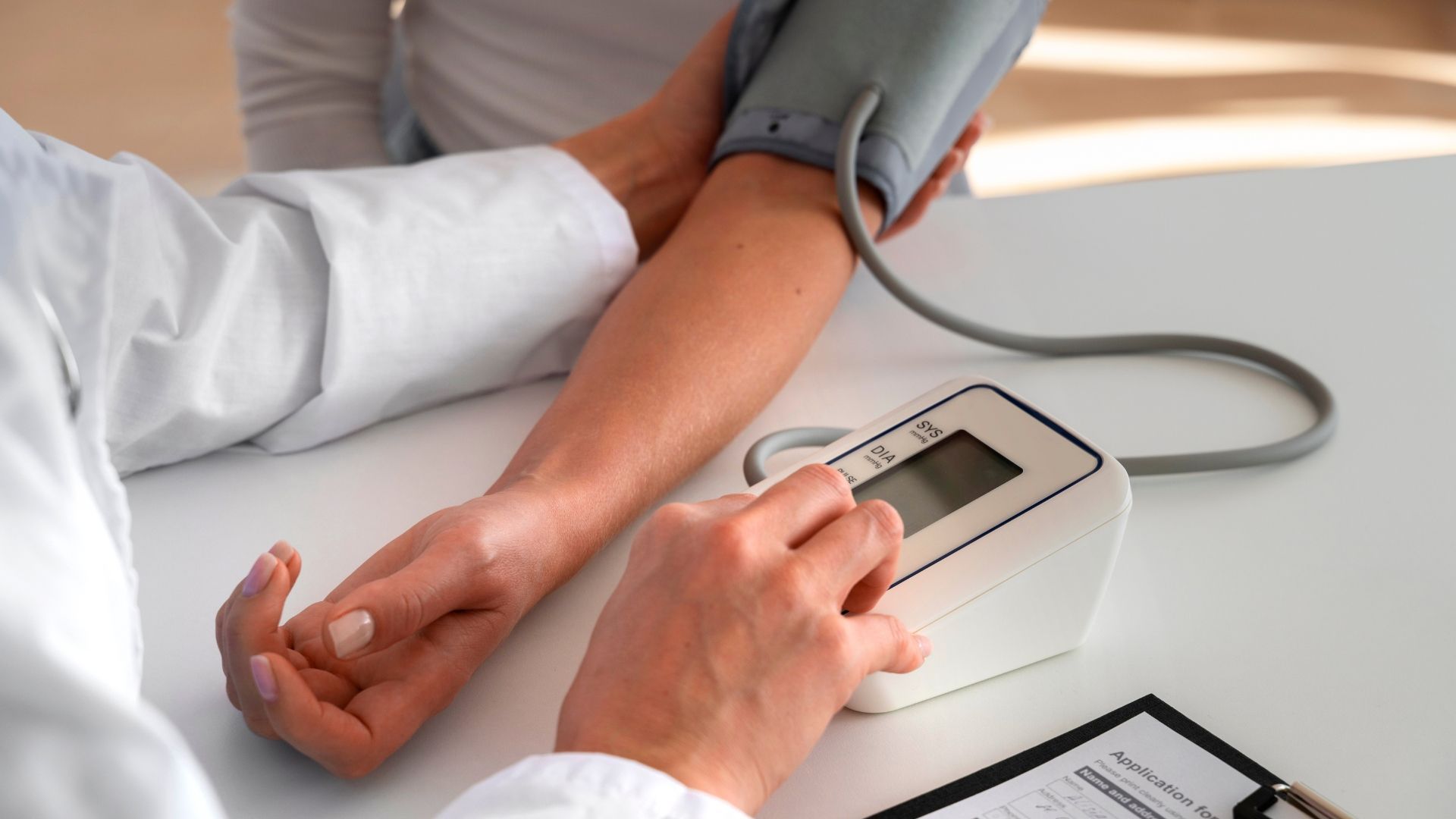Storing Wegovy: a patient's guide
Semaglutide needs special care to keep it in optimal condition. Learn useful tips for storing Wegovy.

When you get a Wegovy prescription and receive your first pen, you'll also receive instructions on how to store and take care of it.
This is your best source for information on storing Wegovy. However, for your convenience and reference, we've summarised this guidance below as it stands at the time of writing (February 2025).
We also answer some common questions about storing the medication and tell you what to do if something goes wrong or looks wrong. We hope it helps.
Remember, however, that this doesn't replace or override the manufacturer's advice. For up-to-date information, always refer to the
Novo Nordisk website.
Guidelines for storing Wegovy
The manufacturer's advice is to keep your Wegovy pen in the fridge, in its box and with the cap on.
It needs to stay between 2°C and 8°C (36°F and 46°F), so check your fridge settings first.
This protects the active ingredient, semaglutide, from warmth and light. Stored like this, Weygovy should last until the expiry date.
You also need to protect it from getting frozen so avoid putting your Wegovy pen in the coldest part of the fridge or next to the coolant fan.
What if my Wegovy pen gets frozen?
If your fridge malfunctions and freezes your weight loss pen, it can't be used even when it thaws out.
The manufacturer's instructions are clear. If a Wegovy pen becomes frozen, it must be thrown away immediately. This is because ice crystals break up the structure of the semaglutide molecules and stop them from working properly.
If you take a holiday that includes air travel, make sure you pack your weight loss pens in your hand luggage. The temperature in the cargo hold during the flight could get cold enough to freeze them.
You don't need to pack your weight loss pen with an ice pack when travelling. It might cool down too much and damage the semaglutide.
How long does Wegovy last once opened?
Once you've started to use a pen, put it straight back into the box in the fridge after each dose.
An opened Weygovy pen will last for up to six weeks in the fridge – if it's kept in the box. When six weeks have passed, it must be thrown away.
However, this shouldn't be an issue if you are using the pen as prescribed. You'll take one dose each week, meaning the pen only needs to last four weeks.
What if my Wegovy pen gets warm?
It's not always possible to keep Wegovy refrigerated, especially when on holiday. You could be travelling over a few days without access to a refrigerator, for instance, or you might be camping in a tent.
According to the manufacturer, Wegovy can be stored safely between 8°C and 30° C, so long as the cap hasn't been removed and it's kept in the box away from light.
These conditions will shorten the shelf life of the pen, though. It will only last for up to 28 days unopened. After that, it will need to be thrown away.

Once opened, it will still need to be used within six weeks.
What if the liquid in the Wegovy pen goes cloudy or discoloured?
It is important to check your pen before each dose to make sure the liquid is completely clear.
If the semaglutide in Wegovy starts to degrade, the liquid will turn discoloured or cloudy. You might see tiny particles floating. It will degrade if left in the light or if it's allowed to get too warm or too cold.
A pen that looks like this cannot be used. Throw it away and contact your healthcare provider for a replacement.
Wegovy care tips
Below is a summary of the Wegovy care guidelines. Following these guidelines will help keep your pen in optimal condition.
- Always store your pen in the original box away from light.
- If possible, keep pens in the fridge between 2°C and 8°C.
- If a Wegovy pen becomes frozen, it cannot be used even when thawed and should be thrown away.
- If a pen has to be stored unopened out of the fridge, keep it between 8°C and 30°C and throw it away after 28 days.
- Once a pen has been opened, it must be thrown away after six weeks even if it has been kept in the fridge.
- Don't drop your pen or knock it against something hard. This could damage the glass containing the liquid.
- Avoid contaminating the medication. Don't let your pen get wet or spill anything onto it.
- Always store your pen with the cap and only take it off when you are about to inject. This helps minimise the risk of infection.
- If you notice any damage or cracks to the pen, assume the Wegovy has started to degrade and throw it away.
- Don't keep your Wegovy pen beyond the expiration date, even if it has been stored unopened in the fridge.
Storing Ozempic
Ozempic pens have the same active ingredient (semaglutide) as Wegovy. However, they are supplied at different dosage strengths and only approved in the UK as a treatment for patients living with type 2 diabetes.
That said, the same storage principles apply – though there are a few minor differences:
- Once opened, Ozempic can be kept for up to 56 days in the fridge at between 2°C and 8°C.
- If it's not kept in the fridge, it must be kept at room temperature (between 15°C and 30°C).
- After 56 days, it must be thrown away even if it still contains medication.
Again, this is not meant to replace or override the manufacturer's instructions. For up-to-date information, always refer to the Novo Nordisk guidelines.
SemaPen specialises in clinically proven alternatives to gastric surgery, including expert-led weight loss programmes using Wegovy and Mounjaro. Are you interested in joining one of our programmes? You can take our online consultation to find out instantly whether you're eligible.












